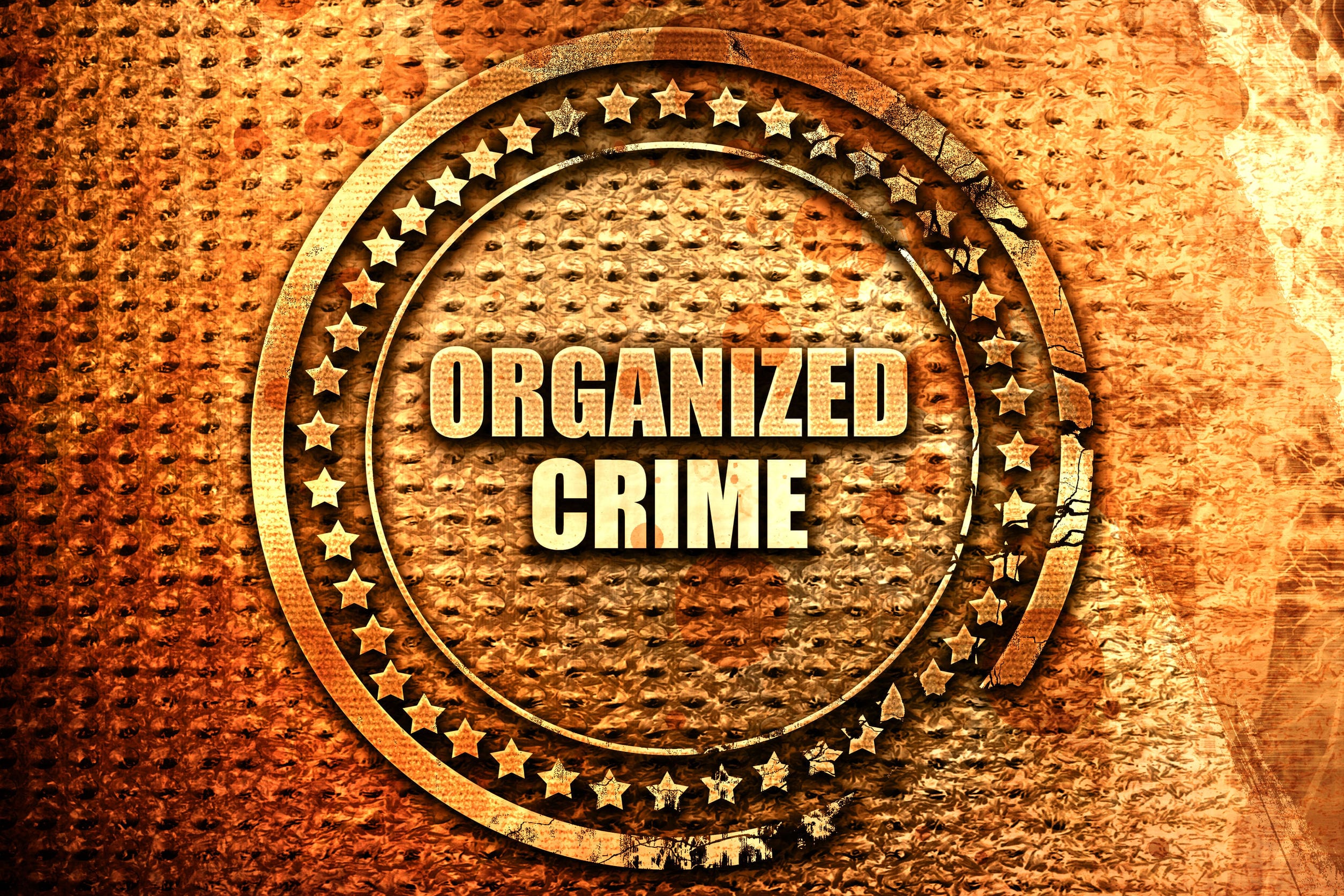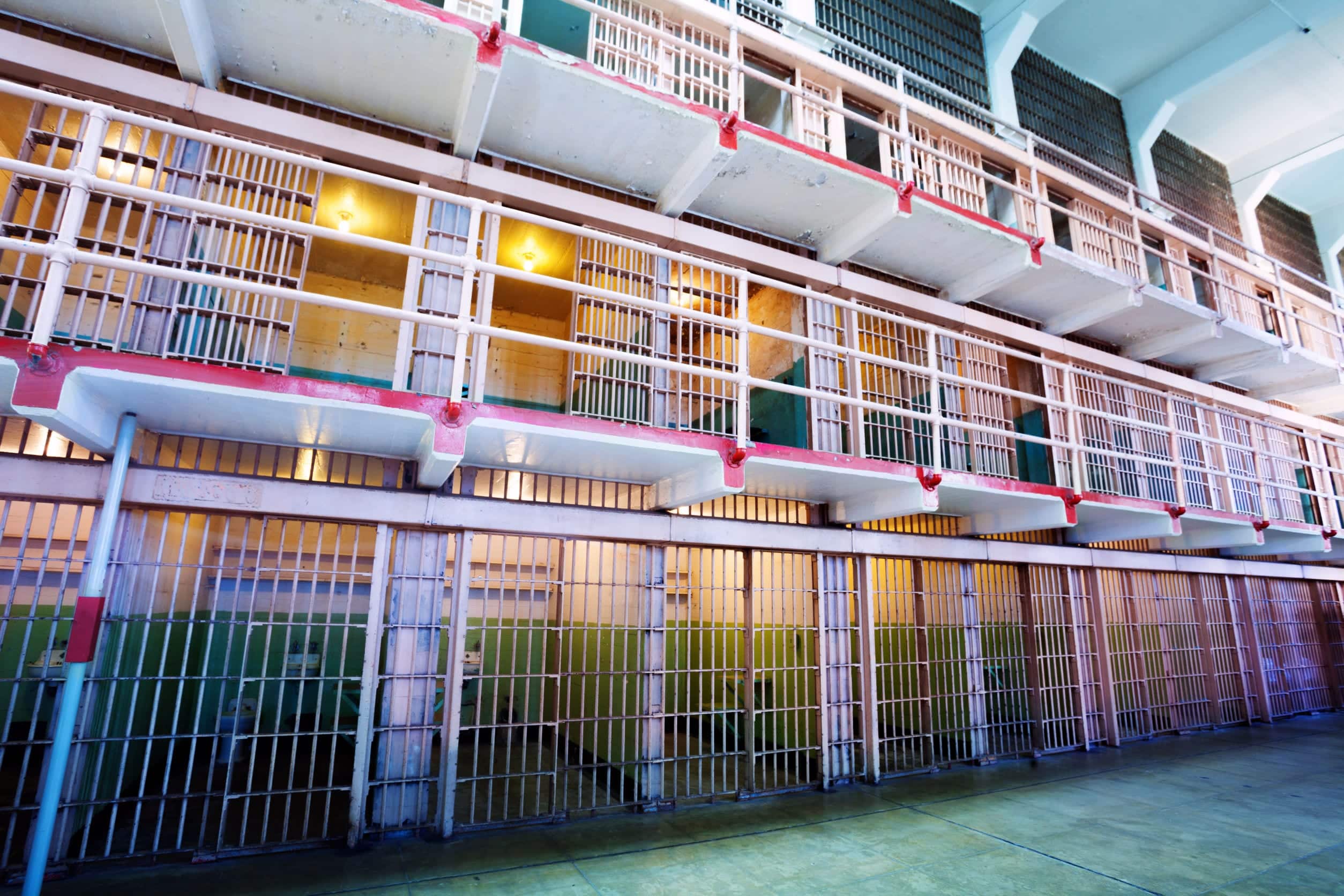- Home
- THE FIRM+
- Criminal Defense+
- CASE RESULTS
- AREAS WE SERVE+
- FAQ’s
- Blog
- Contact
AZHARI LLC BLOG

Posted By: Sami Azhari
Category:
When the Illinois Street Gang and RICO act was signed into law in 2012, it included a provision that repealed the act five years after it became law. In other words, last month. However, the law was recently extended for an additional five years.
You might think this was due to numerous successful prosecutions over the last half-decade, but you would be wrong. In fact, to date there has only been one case that has been tried using the RICO law, and it just concluded with guilty verdicts for six members of Chicago’s notorious Black Souls street gang.
Was the law renewed on the strength of this case alone? Possibly. That’s how powerful and high-profile the case was.
Understanding the Black Souls RICO Case
The Black Souls RICO case began in 2012, when Claude Snulligan from East Garfield Park called police to report drug deals on his corner. Members of the Black Souls gang were responsible for these drug deals, and they beat Snulligan unconscious after he called the police. However, Snulligan was undeterred, naming his assailants to police and pressing assault charges against them.
Leaders of the gang attempted to bribe him to drop his charges, but again he went to police, this time recording phone calls with gang members attempting to bribe him. Before 2012 was over, Snulligan was shot in the back of the head as he walked out of a Chicago store. It’s a sad story, and Snulligan is just one of many who was allegedly killed or shot by a Black Souls gang member.
Prosecutors filed a 68-page affidavit enumerating the alleged crimes, and in 2013 over 20 Black Souls members were charged using the state’s racketeer-influenced corrupt organization statute.
A long series of plea deals ultimately narrowed the number of accused gang members down to six people – gang leaders and high-ranking members. It took until this past December for the state to convict them on racketeering charges, and they are currently awaiting sentencing. Many expect them to receive life in prison.
What Exactly Is RICO?
The federal Racketeer Influenced and Corrupt Organizations (RICO) Act was signed into law decades ago, in 1970. It was initially aimed at combating organized crime, and allows direct prosecution of racketeering activity occurring as a part of ongoing criminal enterprises.
The majority of federal RICO cases involve organized crime, but other organizations such as Major League Baseball, Greenpeace, and the Catholic Church have also faced RICO charges over the years.
As mentioned above, the Illinois Street Gang and RICO laws were first enacted in 2012. The legislative intent of the statute was to target the harm inflicted on the community and economy by street gangs and other criminal enterprises.
The statute outlines activities that are subject to the law. These include any offense that could be sentenced as a Class 2 felony or higher. In addition to this, the statute names specific offenses such as:
- Solicitation of murder for hire
- First-degree murder
- Kidnapping
- Criminal sexual assault
- Promoting juvenile prostitution
- Criminal street gang recruitment
- Robbery
- Arson
- Aggravated discharge of a firearm
- Certain drug offenses
The law also allows for enhanced Class X felony sentences, as well as enhanced sentencing when the unlawful death of another results from the named prohibited activities. This enhanced sentencing under Illinois’ RICO laws is why members of the Black Souls gang could face life sentences.
Illinois’ RICO laws also prohibit sentencing for probation, periodic imprisonment, pretrial diversion, withheld adjudication, impact incarceration, periodic imprisonment, or suspended sentence of any offenders convicted under the act.
Take Any Charge under the Illinois RICO Law Very Seriously
Interestingly, RICO may not be with us forever. When lawmakers extended the law, they did so for another five years. At the end of that time, it’s possible that we may see it disappear.
However, for the foreseeable future, any and all RICO charges must be taken with the utmost seriousness. If you find yourself facing a RICO charge, get in touch with a knowledgeable Chicago criminal lawyer as soon as possible.
About the Author
Sami Azhari has been working as a lawyer since 2007, after receiving his Juris Doctor from the Michigan State University College of Law. He has handled numerous state and federal cases, and is known throughout the Chicago and Rolling Meadows area for providing his clients with high-quality, skilled representation. He has been recognized by SuperLawyers, the National Trial Lawyers Association, and other notable organizations, and has spoken at a number of legal conferences.


























































